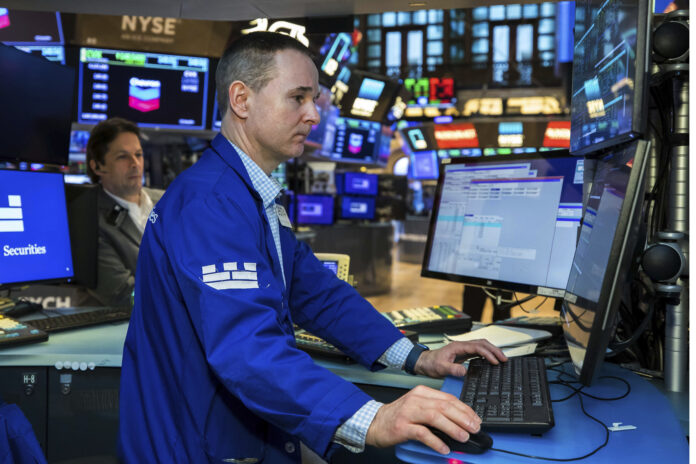
After several down sessions the Dow Jones industrial average closed up 932 points, or 2.8%, on May 4. The S&P 500 jumped 3% and Nasdaq composite index gained 3.2%.
But investors’ relief was short-lived, as a May 5 market selloff saw the Dow give back all of its gains from the previous day. The S&P 500 fell 3.6% and the Nasdaq dropped 5%.
Such swings ending lower have grown increasingly common. Rising interest rates intended to slow down runaway inflation helped push financial markets deep into the red in April.
On May 4, Federal Reserve Chair Jerome Powell said there was a “good chance” that the economy will have a “soft or softish landing or outcome” as the central bank raises rates, according to The Associated Press.











